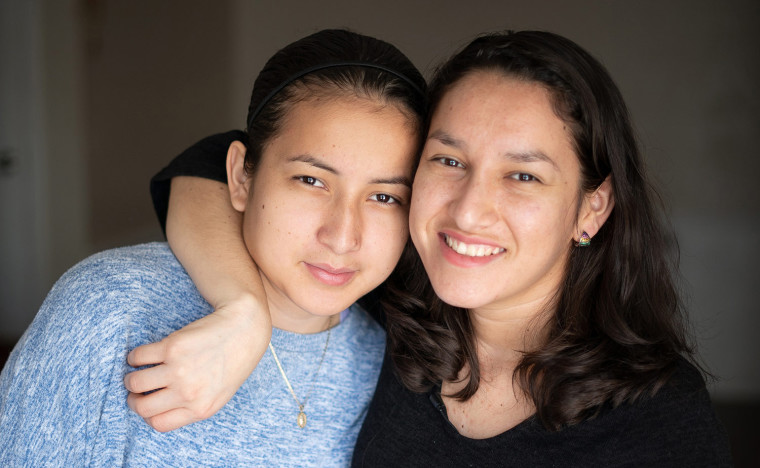Today, on World Refugee Day, Microsoft has explained its role in helping out some of the 70 million refugees and internally displaced people worldwide. The company believes that supporting the work of nonprofits through its artificial intelligence (AI) programs and providing refugees with digital skills is the way to go.

For this purpose, the tech giant is employing a social business model that specifically helps nonprofits address social challenges, instead of traditional philanthropic models. Committing to the Sustainable Development Goals (SDGs) outlined by the UN is a key component of this model, and by following the SDGs, Microsoft hopes to create $12 trillion of market opportunities and 30 million jobs by 2030. The profits generated from the model are invested by Microsoft in its tech solutions, which can then be deployed to support displaced people and refugees.
Two examples of how the social business model is being leveraged have been highlighted by the Redmond giant. Firstly, AI and machine learning (ML) are being utilized in the form of the AI for Humanitarian Action program that was introduced last year to attain similar goals. Now, new projects have been announced in collaboration with nonprofits Asylum Seeker Advocacy Project (ASAP) and Kids in Need of Defense (KIND), as part of this initiative. The goal of both organizations is to provide asylum seekers in the U.S. with legal assistance, and for this purpose, they are now deploying Microsoft speech-to-text artificial intelligence and an Azure-based database. These do not only help them track court dates, but also prioritize time-sensitive cases.
Secondly, Microsoft is using tech channels to assist a number of organizations in providing digital skills for these refugees. The International Rescue Committee (IRC) has partnered with the tech giant to empower refugees, especially women and girls, through the teaching of relevant digital skills. Moreover, collaborations with the Norwegian Refugee Council and the United Nations High Commissioner for Refugees (UNHCR) has also been cited.
UNICEF, Microsoft, and the University of Cambridge have also teamed up to develop a digital platform, "The Learning Passport", in order to offer new learning opportunities for displaced young people within and across borders. Last year, Microsoft partnered with the ID2020 Alliance, to aid the development of a secure digital identity system that was especially targeted toward the assistance of refugees.
The tech giant has urged all to "push the boundaries of our traditional philanthropic and business models", in order to make a difference.









_small.jpg)










13 Comments - Add comment